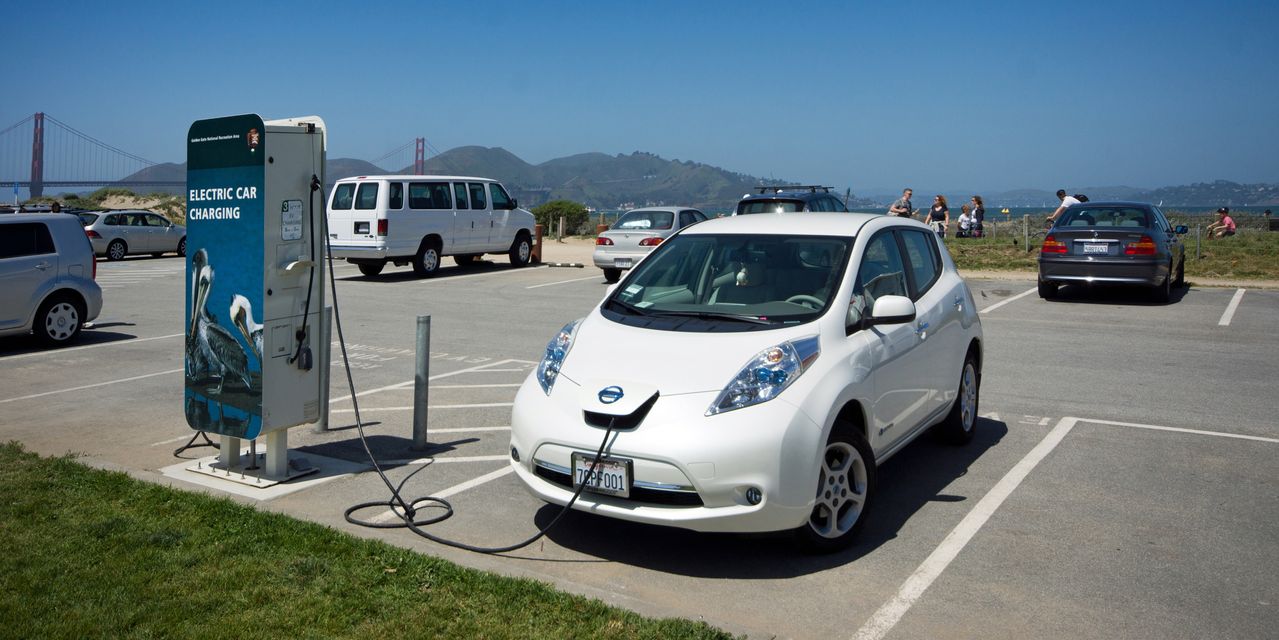In an apparent loss for ride-hailing giant Lyft Inc., Californians on Tuesday night were on their way to rejecting a ballot measure that would have imposed additional taxes on the wealthy to help fund the state’s electric-vehicle infrastructure.
With about 48% of the state’s votes counted, Proposition 30 was losing about 57% to 43%, according to the Secretary of State’s website.
Prop. 30 proposed to impose a 1.75% tax on the personal income of those earning at least $2 million and use that revenue for zero-emission vehicle subsidies and EV charging stations, plus wildfire-suppression and -prevention programs.
Lyft
LYFT,
was the biggest backer of the initiative, with more than $45 million in contributions out of the approximately $48 million raised for the campaign. The ride-hailing giant has a direct interest in making sure California has a robust electric-vehicle infrastructure. State rules mandate that 90% of ride-hailing miles take place in EVs by 2030.
The ballot measure was opposed by California Gov. Gavin Newsom and other prominent Californians, who portrayed it as a money grab by Lyft. Opponents of the initiative raised about $25 million. Among them are some well-known figures from the tech industry: Netflix Co-Chief Executive Reed Hastings, who contributed $1 million; Sequoia Capital venture capitalist Michael Moritz, who donated $1.3 million; Intuit Inc.
INTU,
co-founder Scott Cook, who contributed almost $1 million; and Zynga Chairman Mark Pincus, who contributed $964,000.
But a spokesman for the Yes campaign has said Lyft will receive none of the money from the tax revenue, a point underscored by Lyft Chief Executive Logan Green, who in a blog post said: “We are committed to achieving 100% vehicle electrification regardless of Proposition 30’s outcome.”
The California ballot measure was only one measure that sought to tax millionaires for public goals. Massachusetts voters also appeared to be on their way to approving a 4% tax for households making more than $1 million for education and infrastructure spending.
